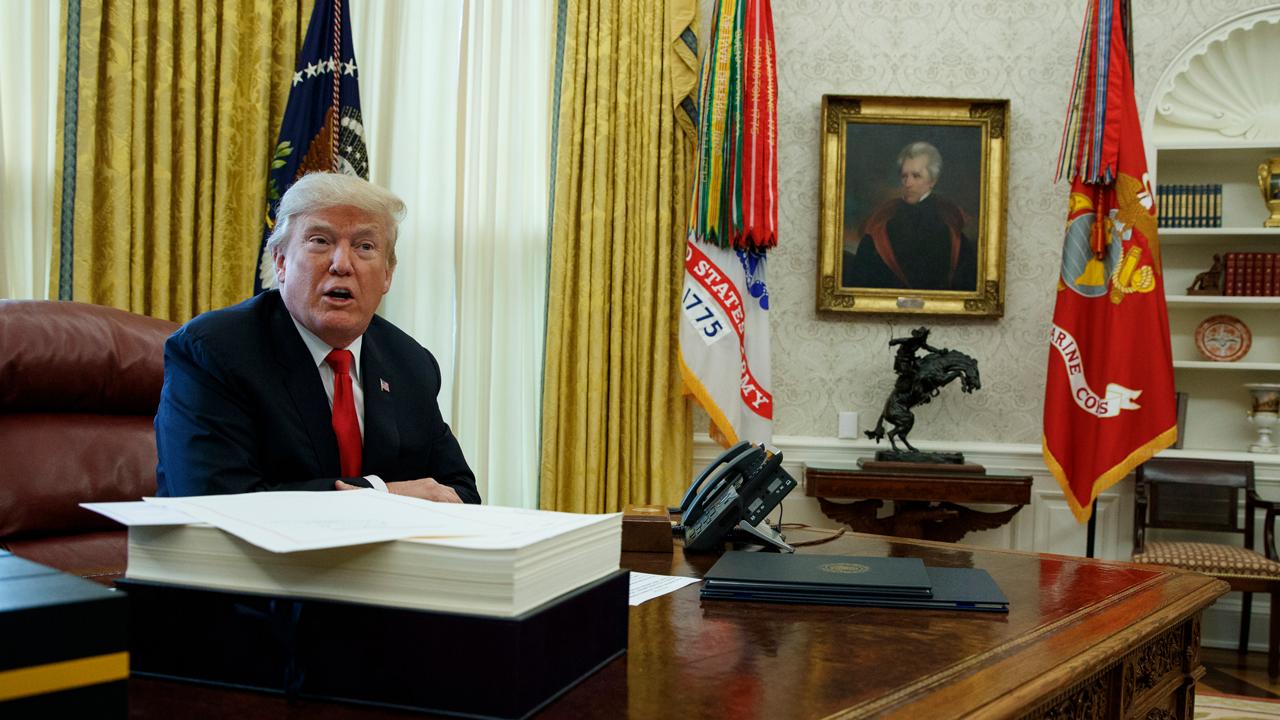Steel smackdown: Trump should slap 24% tariff on steel imports
U.S. Commerce Secretary Wilbur Ross recommended on Friday that the United States implement new tariffs on steel and aluminum imports in order to safeguard the country’s national security interests.
After conducting an investigation, the department found that the volume and “circumstances” of imports “threaten to impair the national security.”
As potential remedies, the Commerce Department is recommending a 24% tariff on all steel imports from other countries, a tariff of at least 53% on 12 countries, including China, India and Brazil, and a quota on steel imports from all countries equal to 63% of each country’s exports to the U.S., as measured by 2017 levels. All of these measures aim to increase U.S. steel manufacturing capacity, according to the Commerce Department. They would not nullify tariffs and duties already enforced by the U.S.
President Donald Trump will ultimately be responsible for signing off on these recommendations. He has until April 2018 to make his decision.
Some tax groups are already voicing opposition to Friday’s report. FreedomWorks President Adam Brandon suggested costs associated with these tariffs would be passed along to the consumer and “wipe away” the benefits of the tax reform act passed in December.
These new recommendations come amid a slew of contentious trade cases handled by the administration. Earlier this month, the U.S. government enacted a 30% tariff on imported equipment used in solar panels, a decision that divided the industry. The administration also called for a 20% tariff on the first 1.2 million imported washers for the current year, and will increase that fee to 50% for each additional unit.
While the U.S. government approved a 300% tariff against Canadian planemaker Bombardier in response to a trade complaint brought by U.S. plane manufacturing giant Boeing (NYSE:BA), the U.S. International Trade Court ultimately voted against its implementation.
The U.S. has also enforced a number of measures aimed at preventing steel and aluminum dumping, recently placing two countervailing duty orders against China.
Meanwhile, the North American Free Trade Agreement, or NAFTA, is still being negotiated and while substantial progress has been made on a new draft, discussions have largely stalled over a number of contentious issues. A Canadian official this week said the trio of countries had made little progress on the major issues because the U.S. was concentrating on its own needs, according to Reuters.




















